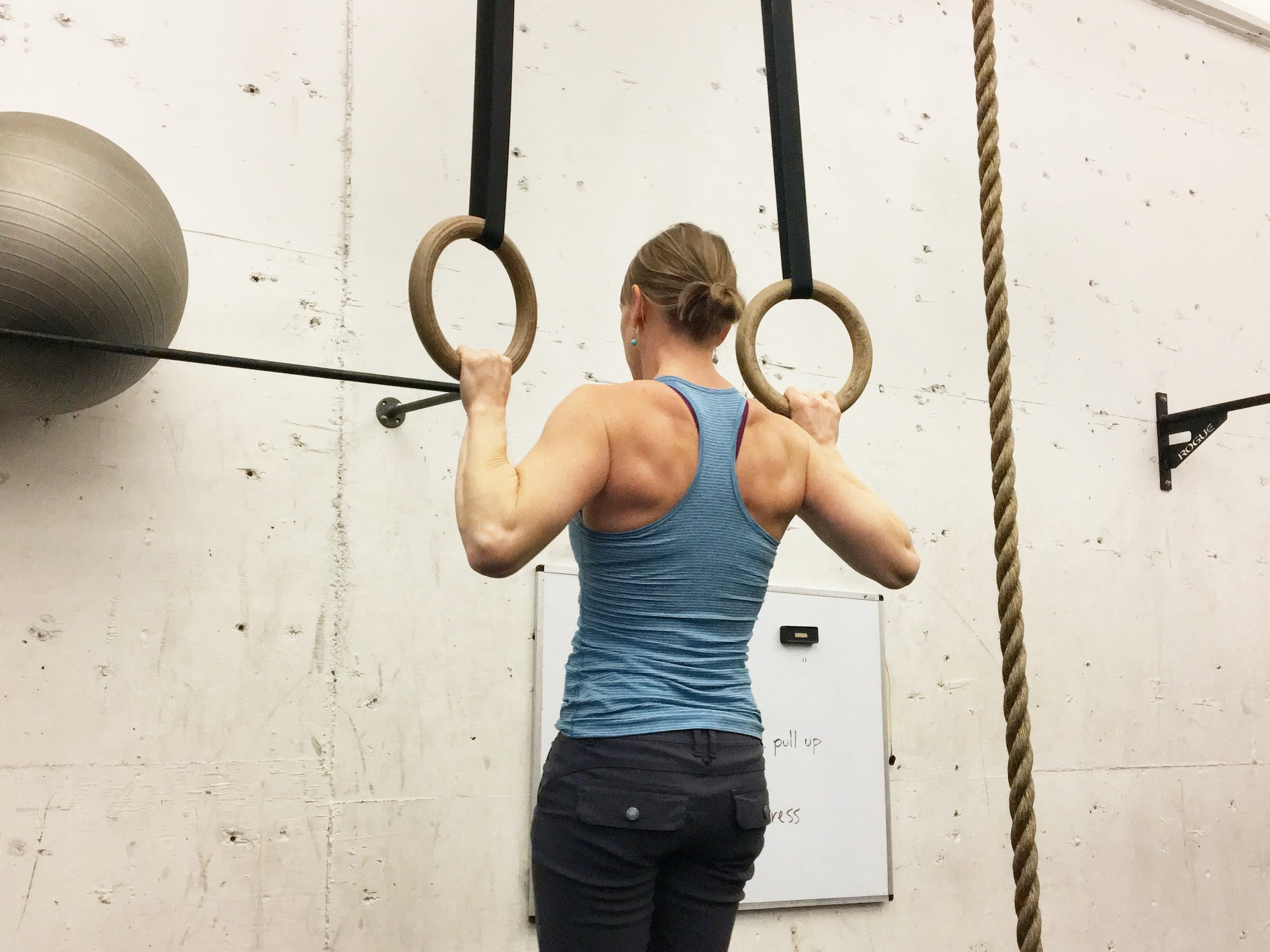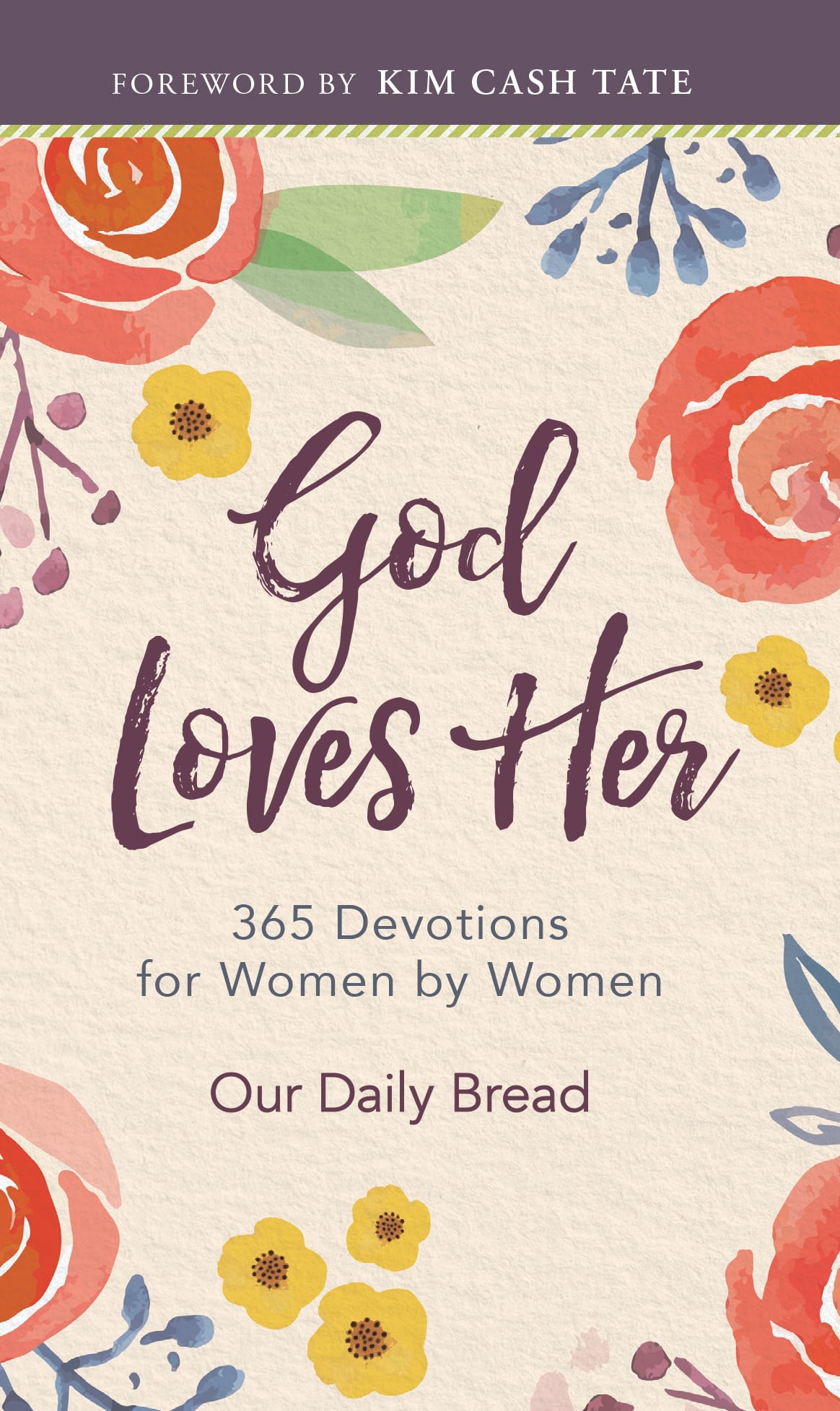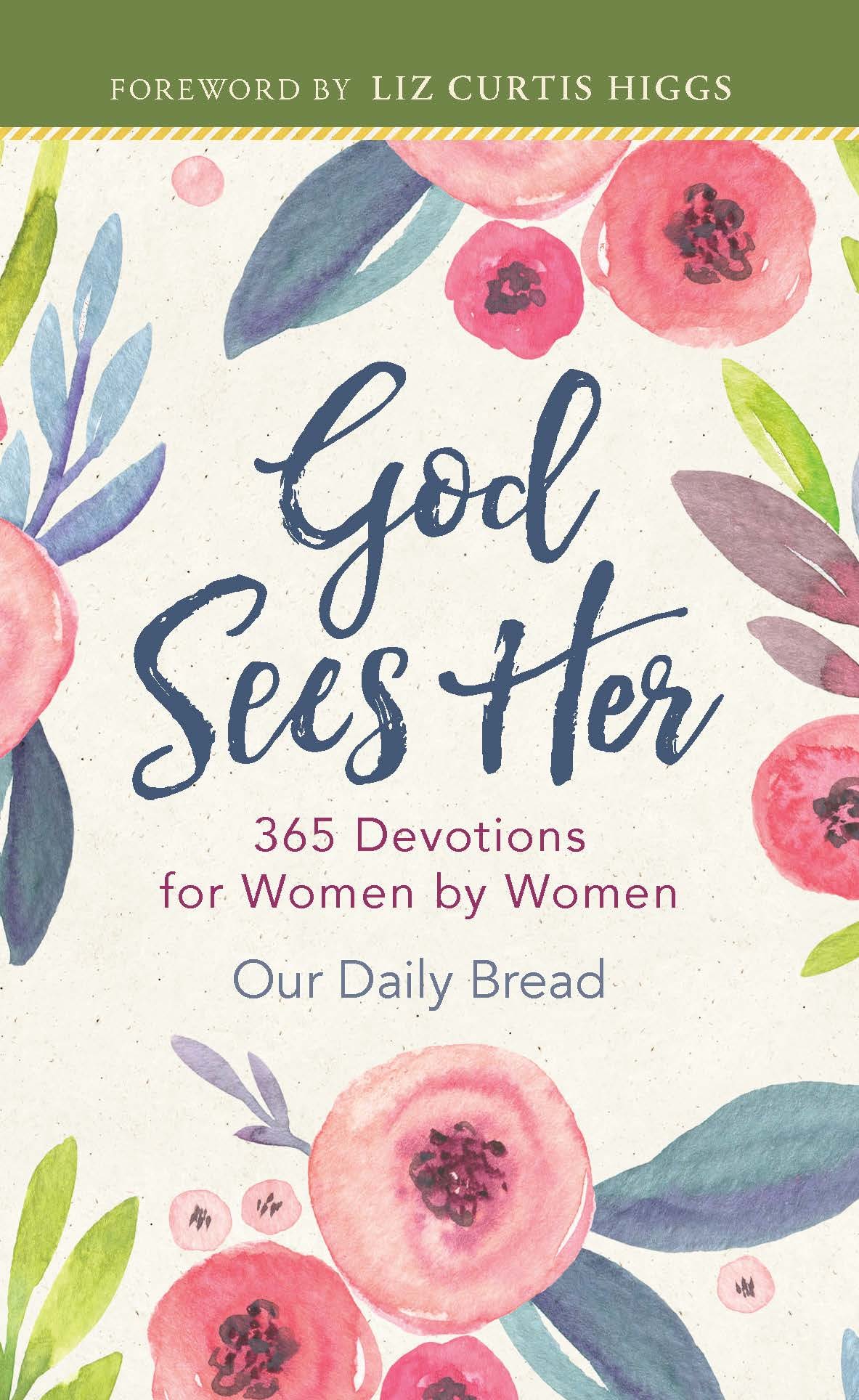I laughed out loud. Not just a little giggle: the doubled-over, can-hardly-breathe, bellyache kind of laughing.
When my fitness instructor said we’d be doing pull-ups as part of that day’s workout, it sounded utterly preposterous to me. Pure comedy.
But he wasn’t kidding.
Once I stopped laughing, I asked: “What if I can’t?”
I wasn’t trying to get out of it. Okay, maybe I was. But I knew I couldn’t hoist the weight of my body more than a few inches, let alone get my chin over the bar. (For the record, he made me try. I was right.)
But he had an answer for my conundrum—a weight-assisted pull-up using a band. A thick, oversized, black rubber band that looped from under my feet up to the bar. Its natural contraction provided the extra help I needed to clear the bar. I left that day with deep satisfaction at what I’d accomplished, despite my arms feeling like overcooked spaghetti.
My celebration was short-lived. The soreness hadn’t even worn off before I began to downgrade my achievement. After all, my need for the band testified to my weakness—not my strength. As a gal who likes to think of herself as capable and independent, I don’t often ask for help. Not because I don’t need it. (I do. All the time.) But because it’s hard. I don’t like admitting I need it; feeling dependent or indebted is uncomfortable. When I’m willing to ask for help from my spouse, family, neighbors, and friends, I consider it a victory. I’m better—stronger, if you will—when I ask for, and then graciously receive, help.
Strength—in this situation—had nothing to do with muscles. It wasn’t in the outward, observable ability to clear the bar with or without assistance. Instead, accepting help, even in the form of an overgrown rubber band, was my big “flex” that day.
Over the course of many other workouts that followed, I had to confront my discomfort at needing help with pull-ups. But those bands became a metaphor for me, a way to practice accepting assistance. With each rep, I reminded myself that I could ask for and receive help in other areas of my life too: by asking for a carpool when I couldn’t deposit each of my children where they needed to be. By graciously receiving a meal when I was overwhelmed by the unceasing waves of daily life. And by asking others to pray for me when I was struggling to find my way through a dark day. The compassionate, generous people in my life have become the bands that lift me up when I simply don’t have the strength to clear whatever obstacle I face.
I still haven’t done a pull-up without the assistance of a rubber band. But I have gotten stronger as I’ve done them more often. I need a “less beefy” band now than the one I used that first day. By allowing myself the help of the band, I’m now much closer to doing a pull-up on my own than when I began. My muscles have developed with the assistance of the band in a way they couldn’t have if I’d refused.
My heart, mind, and relationships are stronger now, too, because I’ve practiced receiving help outside the gym. As I’ve grown more comfortable in revealing my weaknesses and asking for help from the people around me, I’ve gotten better at receiving it and I’ve benefited from their support on the days that felt overwhelming.
Ecclesiastes 4:10 (NLT) describes God’s design for “community-assisted pull-ups”: Two (or more) are better than one for “If one person falls, the other can reach out and help.” Sometimes we’ll need the band and sometimes we’ll be the band. We’re likely more comfortable playing one role over the other. Yet to be a strong community, we have to be willing to be either. Which might you be today?
—Written by Kirsten Holmberg. Used by permission from the author.







6 Responses
Oh my, yes. Why do we struggle to admit we need help? Pride. Lord, make us humble, before you and before others.
Great reminder that it’s hard to ask and receive help – pride gets in the way. The lesson here is so profound that we can only grow when we receive help to start growing. very humbling.
I have always had difficulty asking for help but over the last couple of years it has helped me to remember that when I don’t ask for help or receive it graciously, I am robbing someone else of the joy of serving. I’m always joyful when I help someone so why would I take that away from someone else.
Crystal
Wow! This is definitely me. My husband reminds me ALL the time that I have a problem asking for help. After reading this, I will try to work on this issue.
Some days we need the band and some days we are the band! So true!
I love this!